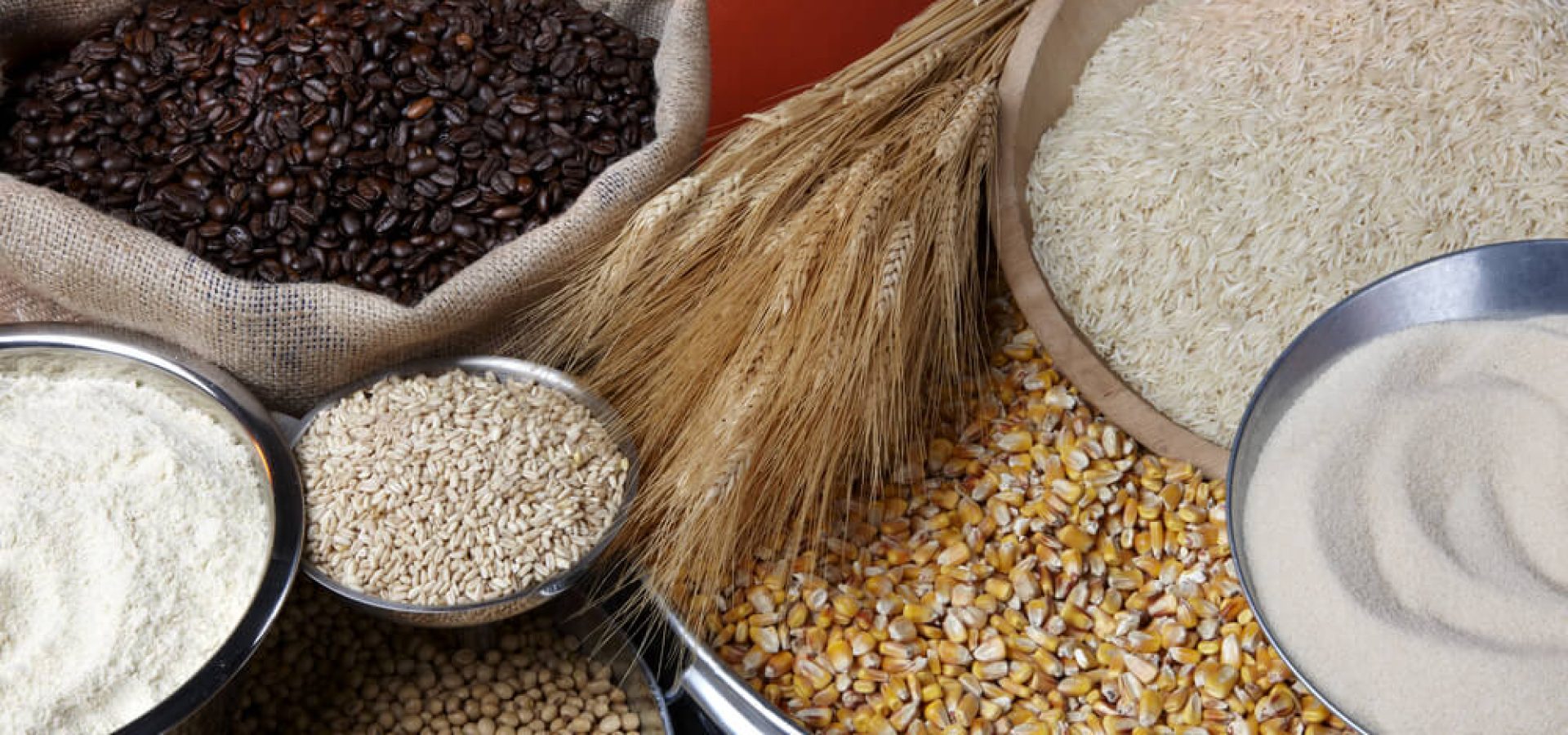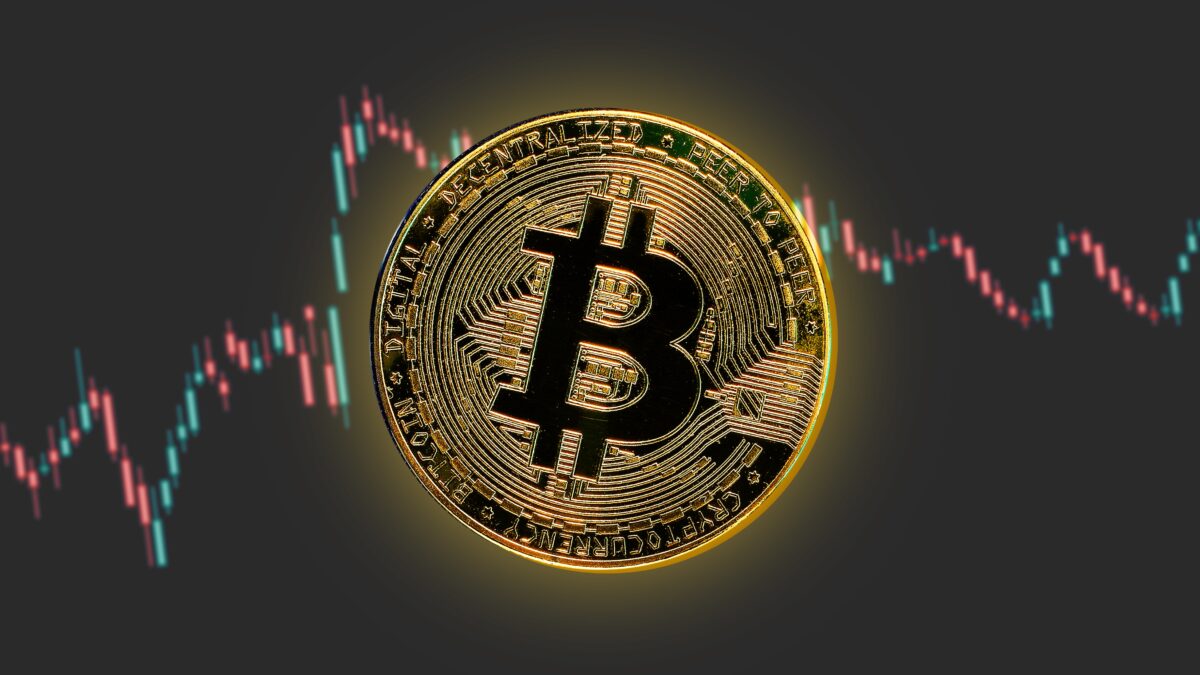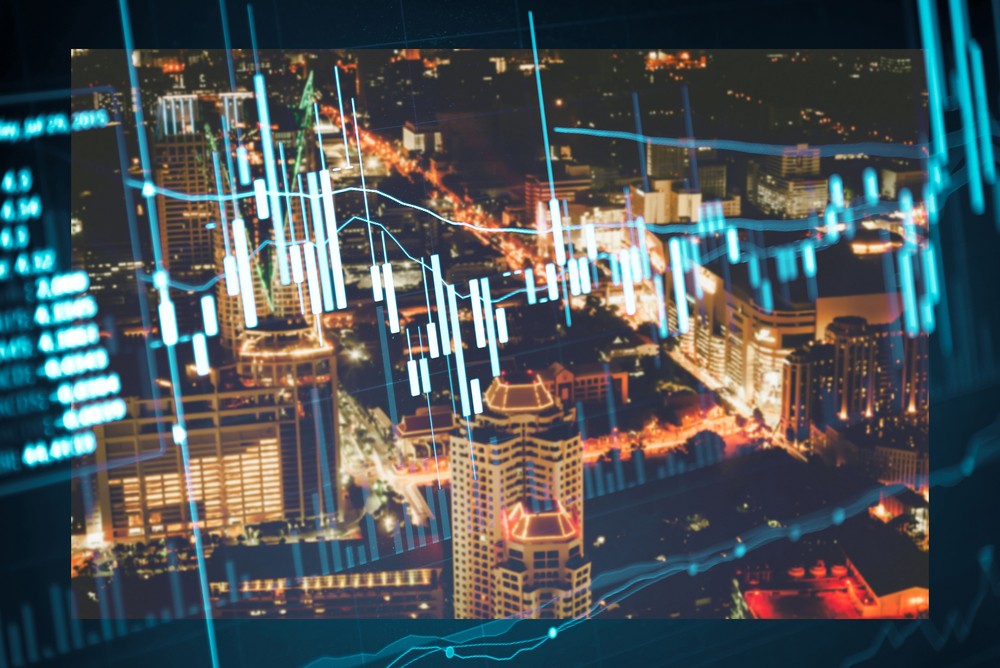Commodity investment has been a cornerstone of global economies, closely tied to the economic fortunes of nations, with China playing a pivotal role over the past two decades. The commodity demand soared during China’s double-digit economic growth between 2001 and 2012, benefiting economies like Indonesia. However, recent developments have set the stage for significant shifts in the commodity investment landscape.
China’s Economic Slowdown and Commodity Investment
China holds significant sway over international markets as the world’s largest consumer of commodities. The nation imports over 70.0% of global iron ore, 72.0% of aluminium, and over 60% of copper, making its economic dynamics pivotal to global commodity prices. Unfortunately, China’s anticipated economic rebound post-COVID-19 has been slower than expected. With a projected economic growth of 5.2% in 2023, further declining to 4.5% in 2024, the commodities market is feeling the pinch.
The ramifications extend beyond China’s borders, with Indonesia, a crucial trading partner, poised to feel the repercussions of China’s weakening economy. As China’s demand wanes, Indonesia’s commodity market is navigating a challenging landscape, impacting local economies, commodities traders, and investors. Commodity brokers, ETFs, and trading platforms play a vital role in managing the intricacies of this complex ecosystem.
Global Supply Chain and Commodity Prices
From the supply side, global commodity prices remain relatively high due to persistent supply chain disruptions. In 2022, Indonesia witnessed significant earnings from commodity exports, primarily due to events such as the Russia-Ukraine conflict. However, in 2023, commodity prices have gradually descended, though they are still categorised as high. This decline can be attributed to the normalisation of commodity prices and tighter global monetary policies.
Indonesia’s economic policy is evolving as it grapples with its growing dependence on the commodities market for financial stability.
In conclusion, the tides are shifting in commodity investment, and new challenges are emerging. China’s economic slowdown and supply chain issues have altered the landscape, impacting global and local commodity markets. Indonesia, in particular, finds itself at a crossroads, needing to reassess its economic policies concerning commodities. Commodity traders, brokers, and investors must stay agile and well-informed, utilising commodities ETFs and trading platforms to navigate the evolving environment.











COMMENTS